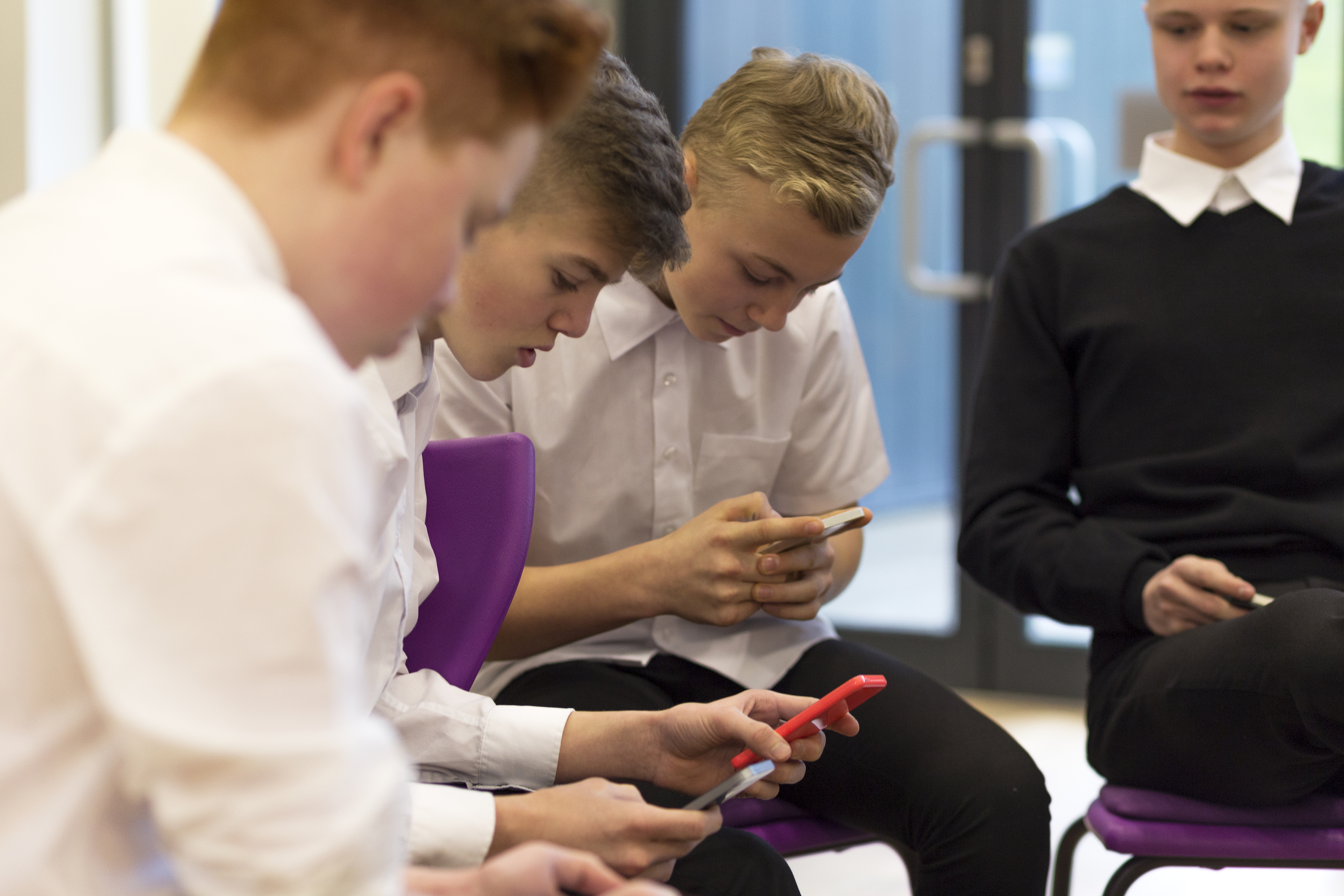
HEADTEACHERS should have the power to ban mobile phones in schools, a Tory MSP has said.
South Scotland MSP Michelle Ballantyne has urged the Scottish Government to overhaul its 2013 guidance on the use of mobile devices in schools.
She wants a ban on phones in primary schools and the introduction of restrictions on their use in secondary schools if headteachers deem it necessary.
Ms Ballantyne highlighted research by academics at the London School of Economics into the impact of banning mobile phones in schools.
The authors concluded schools that restrict access to mobile phones “subsequently experience an improvement in test scores”.
They also found banning mobiles “improves outcomes for the low-achieving students the most”, and the move could therefore “be a low-cost way for schools to reduce educational inequality”.
Previous guidance from Scottish ministers concluded it was “unreasonable and impractical to attempt to impose a ban on mobile devices in schools”.
Ms Ballantyne, Scottish Conservative early years spokeswoman, said: “The evidence suggests that excessive smartphone use in schools can reduce educational attainment, particularly among low-achievers.
“At the same time, we know that online bullying is a growing problem in school.
“Many primary school teachers would like to see a ban on smartphones, something I support.
“And in secondary, headteachers who want to restrict the use of smartphones if they think it is necessary should be supported to do so.
“Given the explosion of smartphone use over the last few years, the Scottish Government should be looking again at its four-year-old guidance.
“This may be a cost-free way to help boost standards in classrooms all over Scotland, giving teachers the support they need to deliver the high-quality education we all want for pupils.”

Enjoy the convenience of having The Sunday Post delivered as a digital ePaper straight to your smartphone, tablet or computer.
Subscribe for only £5.49 a month and enjoy all the benefits of the printed paper as a digital replica.
Subscribe